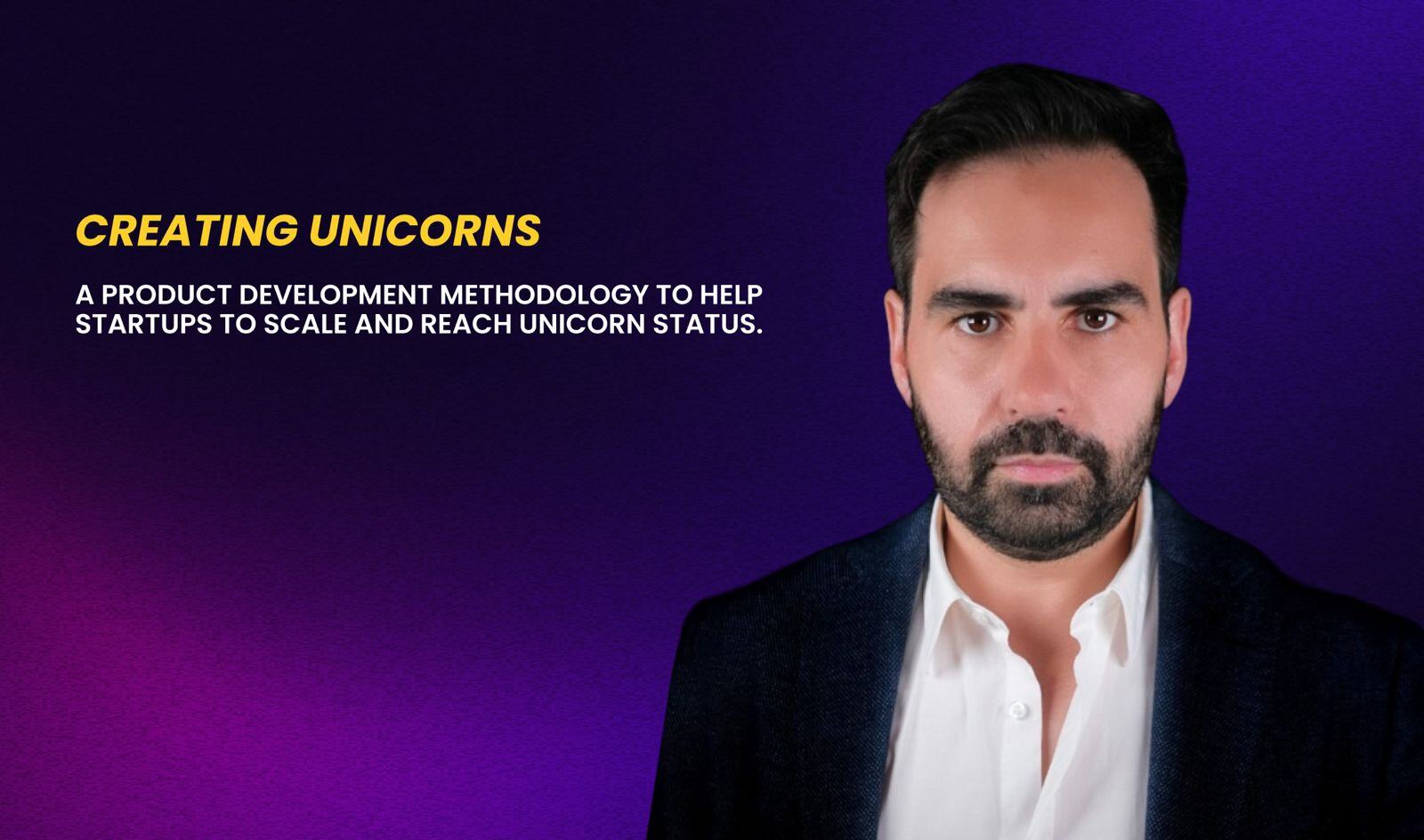7 Critical Mistakes in Choosing Investors For Your Startup
In the high-stakes world of startup fundraising, choosing the right investors can make the difference between building a unicorn and losing control of your company. Yet, many founders rush into investment deals focused solely on the money, overlooking critical factors that will impact their company's future.
The consequences of mistakes in choosing investors often don't surface until it's too late - when term sheets are signed and board seats are filled. Understanding these pitfalls isn't just about avoiding bad deals; it's about setting your startup on the path to sustainable growth and success.
The Silent Killers: Major Mistakes in Choosing Investors
1. Prioritizing Valuation Over Value-Add
One of the most common mistakes founders make is chasing the highest valuation while ignoring the strategic value investors can bring. Consider these statistics:
- 72% of successful startups report that their lead investors provided significant value beyond capital
- Startups with strategic investors show 3.9x better growth rates on average
- Only 12% of founders say valuation was the most important factor in retrospect
Key considerations beyond valuation:
- Industry expertise and connections
- Operational support capabilities
- Track record of helping portfolio companies scale
- Access to follow-on funding
- Strategic partnerships and customer introductions
2. Ignoring Investor-Founder Alignment
Misalignment between founders and investors on fundamental issues can create devastating conflicts. Critical areas to align on include:
- Timeline to exit
- Growth vs. profitability expectations
- Product vision and strategy
- Company culture and values
- Risk tolerance
- Future funding plans
According to a recent study, 43% of failed startups cited investor-founder misalignment as a significant factor in their downfall.
3. Not Due Diligencing the Investors
While investors thoroughly vet startups, many founders fail to do proper due diligence on potential investors. Essential areas to investigate:
- Track record with previous investments
- Reputation in the startup ecosystem
- References from portfolio company founders
- Investment decision-making process
- Fund lifecycle and remaining capital
- Involvement level with portfolio companies
4. Overlooking Board Dynamics
Board composition can make or break a startup, yet many founders underestimate its importance when choosing investors. Consider:
- Board seat allocation and control
- Decision-making rights
- Independent director requirements
- Chemistry between board members
- Time commitment and availability
- Experience with similar stage companies
5. Misunderstanding Terms Beyond Valuation
Complex investment terms can have long-lasting implications for your startup. Key terms to understand:
- Liquidation preferences
- Anti-dilution provisions
- Protective provisions
- Right of first refusal
- Pro-rata rights
- Board control provisions
Statistics show that 65% of founders regret not better understanding investment terms in their early rounds.
6. Rushing the Process
The pressure to close funding can lead to hasty decisions. Signs you might be rushing:
- Not meeting multiple potential investors
- Skipping reference checks
- Failing to consult with advisors
- Not thoroughly reviewing terms
- Ignoring red flags
- Making emotional decisions
7. Not Considering Future Rounds
Early investment decisions impact your ability to raise future rounds. Consider:
- Investor's ability to participate in follow-on rounds
- Signal to future investors
- Cap table complexity
- Future dilution implications
- Strategic value for later-stage investors
Expert Insights on Investor Selection
Leading VCs and successful founders share their perspectives:
"The best investors are partners who help you think bigger, not just write checks." - Marc Andreessen
"Choose investors who've seen the movie before - who understand your industry and can help you avoid common pitfalls." - Reid Hoffman
"Your investors are like getting married - it's a long-term relationship that's very hard to undo." - Sam Altman
Building a Strategic Approach to Investor Selection
To avoid these mistakes, implement a structured approach:
- Define Your Ideal Investor Profile
- Required expertise and connections
- Investment style and involvement level
- Track record in your industry
- Alignment with your vision and values
- Capacity for follow-on investment
- Create a Due Diligence Process
- Reference check template
- Key questions for portfolio companies
- Term sheet evaluation framework
- Board dynamics assessment
- Cultural fit evaluation
- Establish Clear Communication Channels
- Regular updates during fundraising
- Transparent decision-making process
- Clear expectations setting
- Documentation of agreements
- Professional advisory support
Conclusion
The mistakes founders make in choosing investors often stem from focusing too much on the short-term and not enough on long-term strategic implications. By understanding and avoiding these common pitfalls, you can build relationships with investors who truly add value to your startup journey.
Are you a founder of a digital product company generating at least 6 figures and want to build the next unicorn? Then the Scale Up Methodology is for you. Just as choosing the right investors is crucial for scaling, having the right methodology and support system can help you avoid costly mistakes and accelerate your path to unicorn status.

Take The Test
You May Also Like
These Related Stories

7 Crucial Scaling Pillars That Transform Startups into Unicorns

7 Critical Startup Founders Mistakes That Kill Companies


